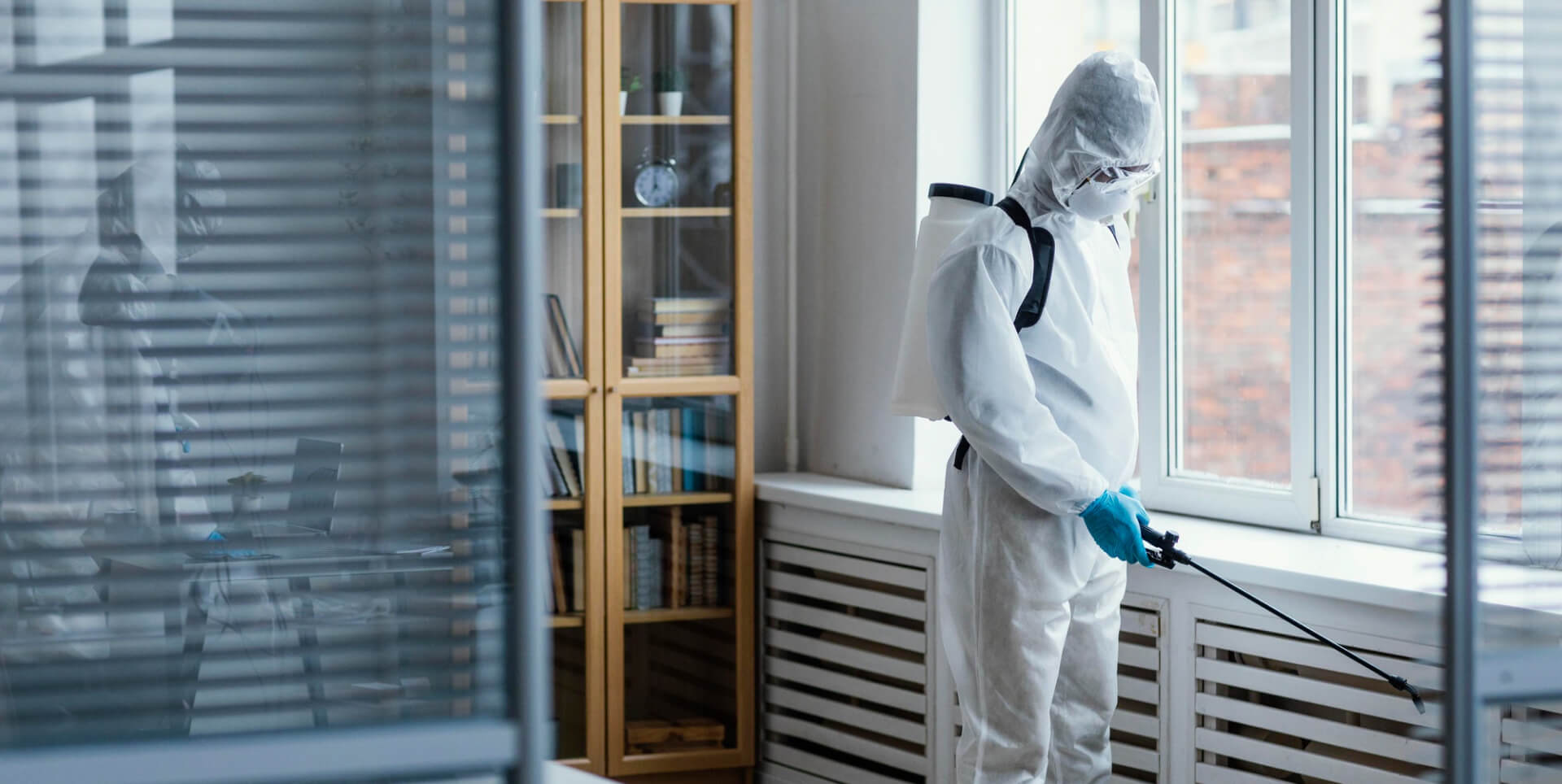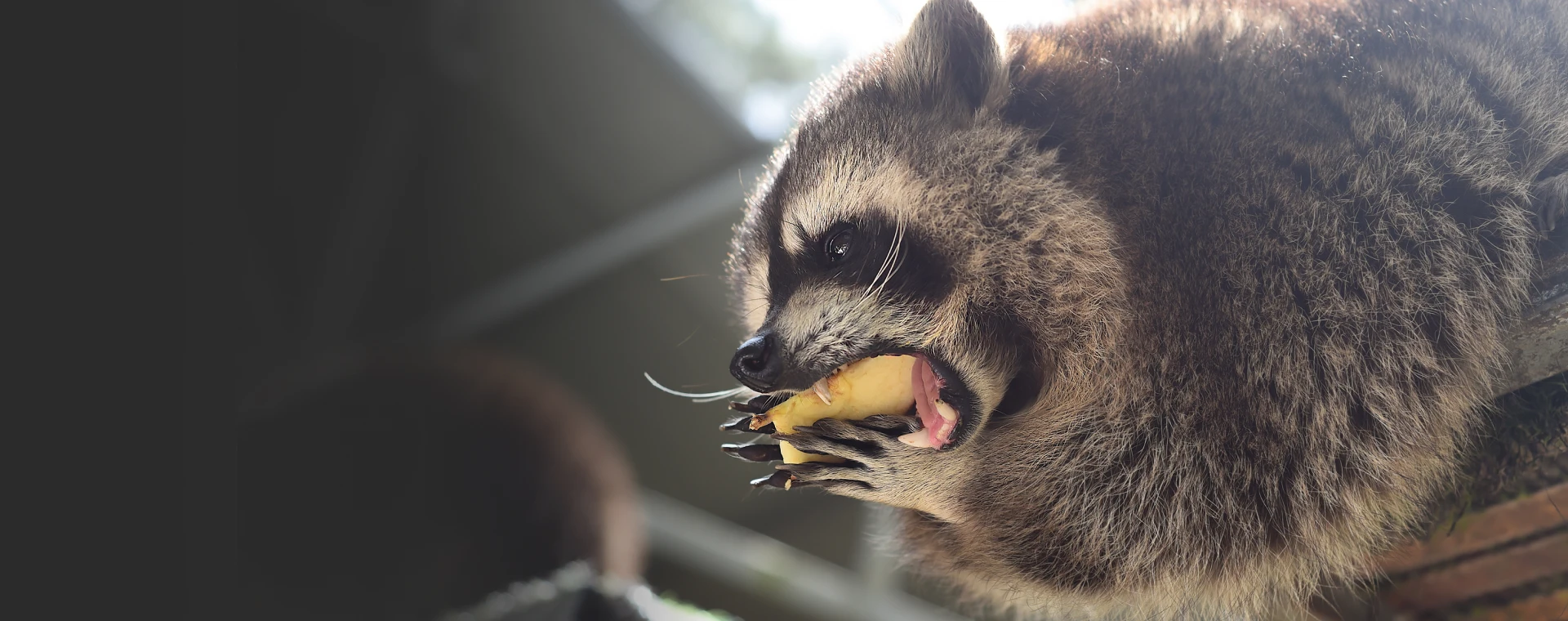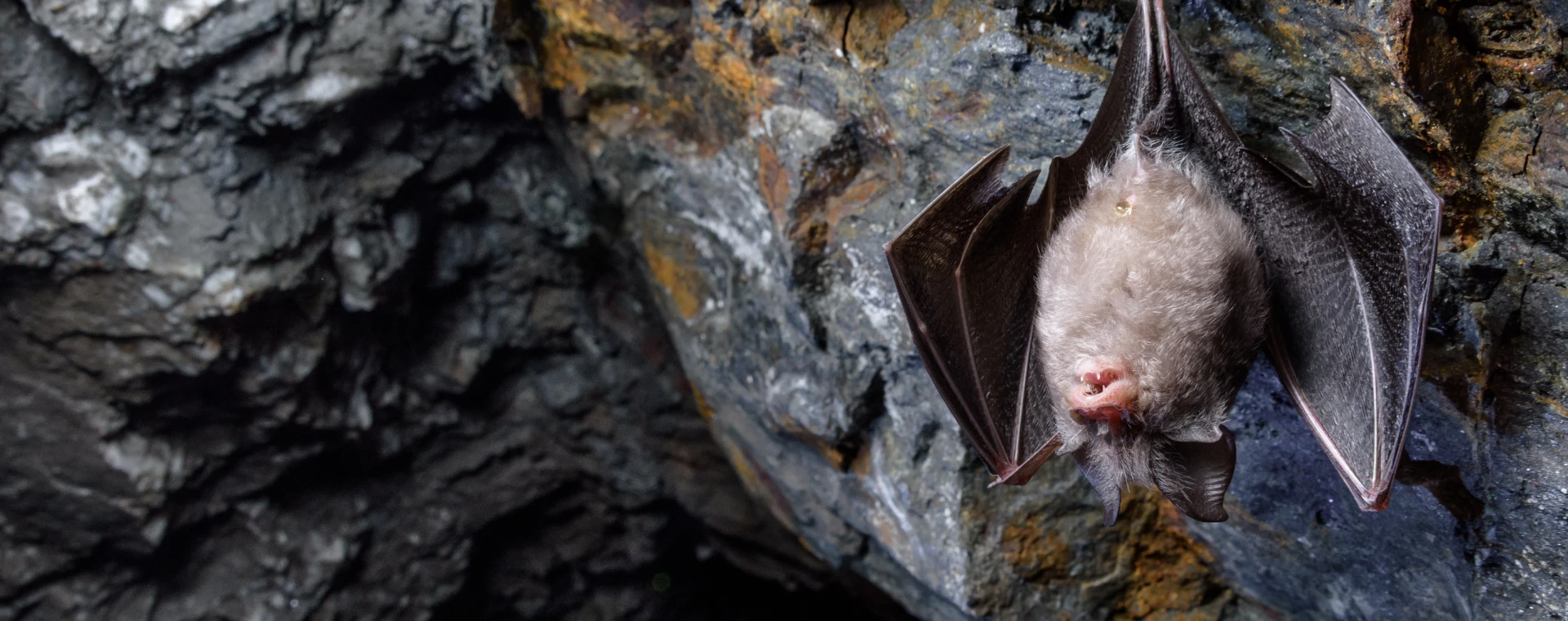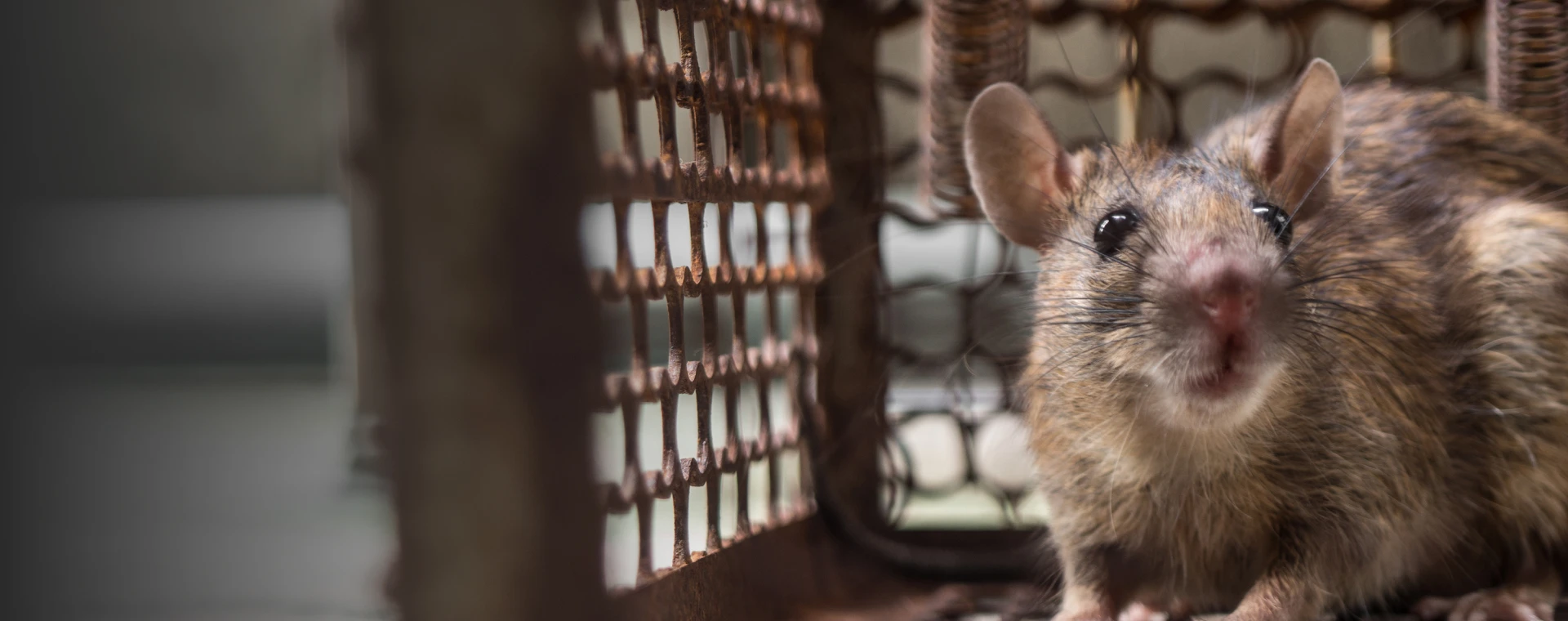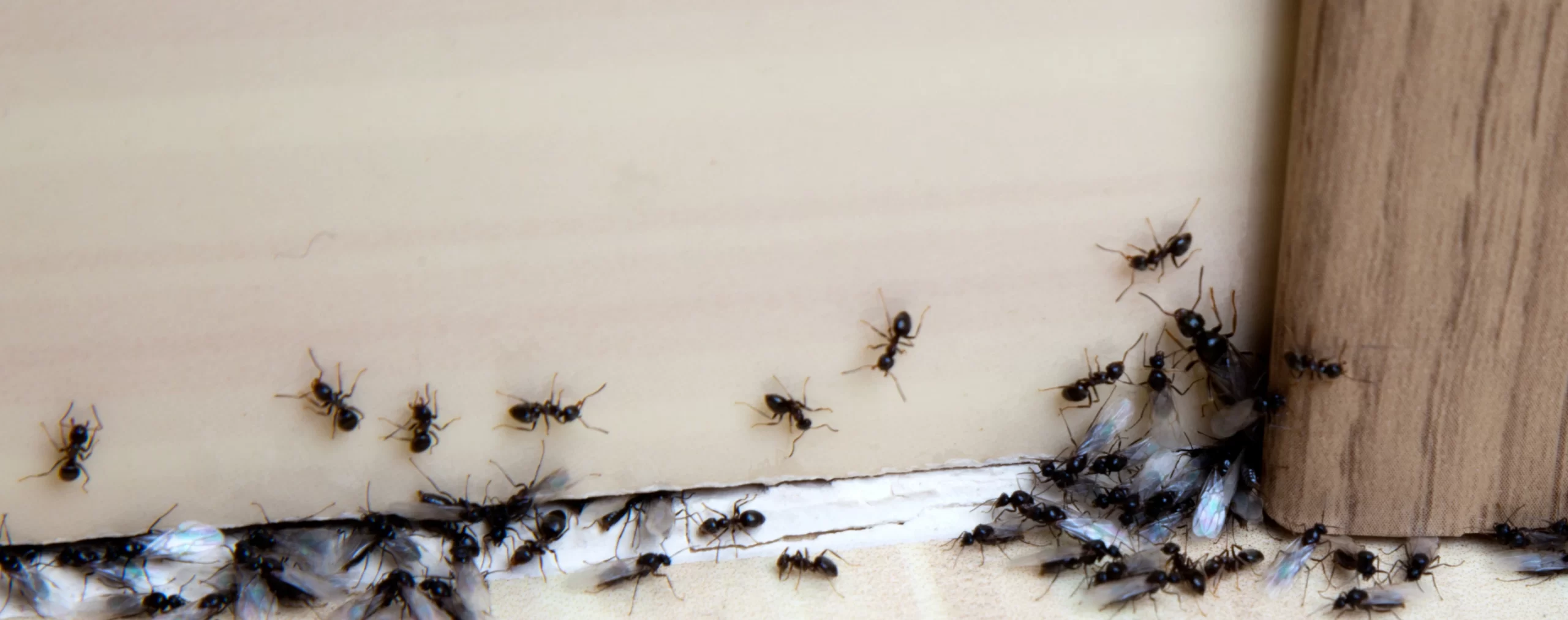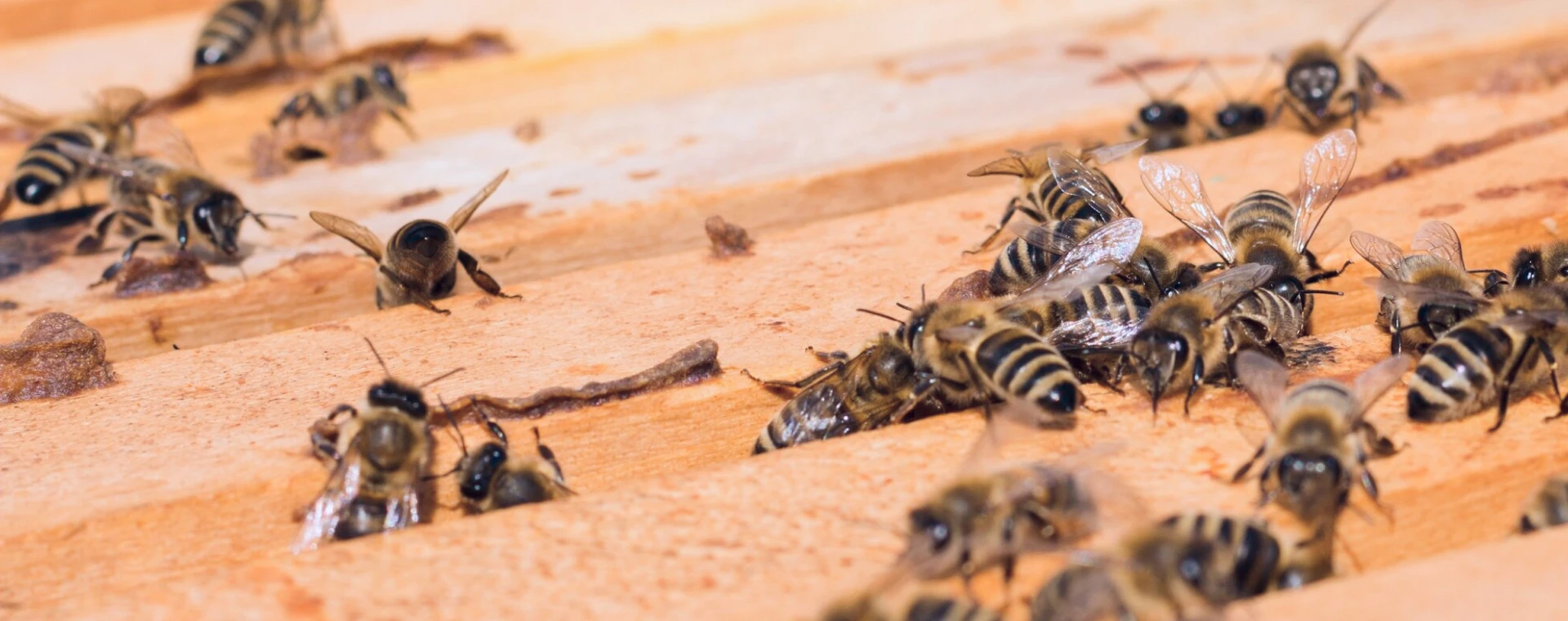Raccoons could be attracted to your home, mainly by the food you discard in the trash. If you have a raccoon infestation, you should seek professional raccoon removal in Toronto and the GTA.
Getting Rid of Raccoons Through Simple Process
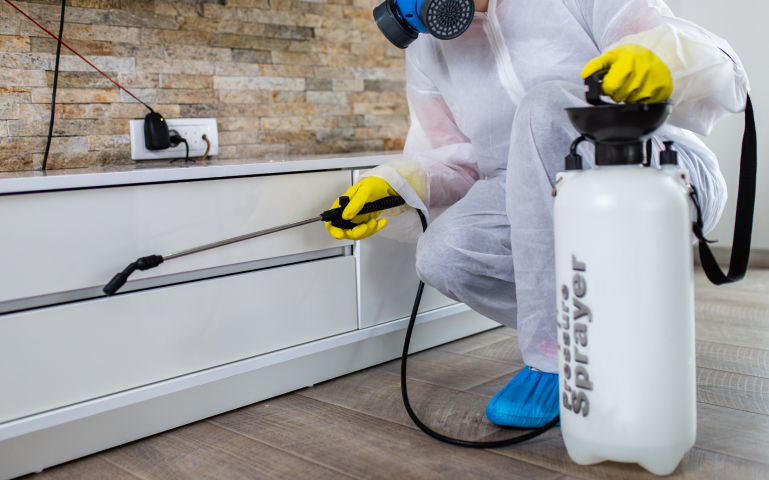
Step 1
The first step involves removing all the raccoons from your house. Ensure that you don’t leave any of them behind, especially the babies. If left behind, the babies could die and rot, producing an awful odour that could make your home inhabitable.
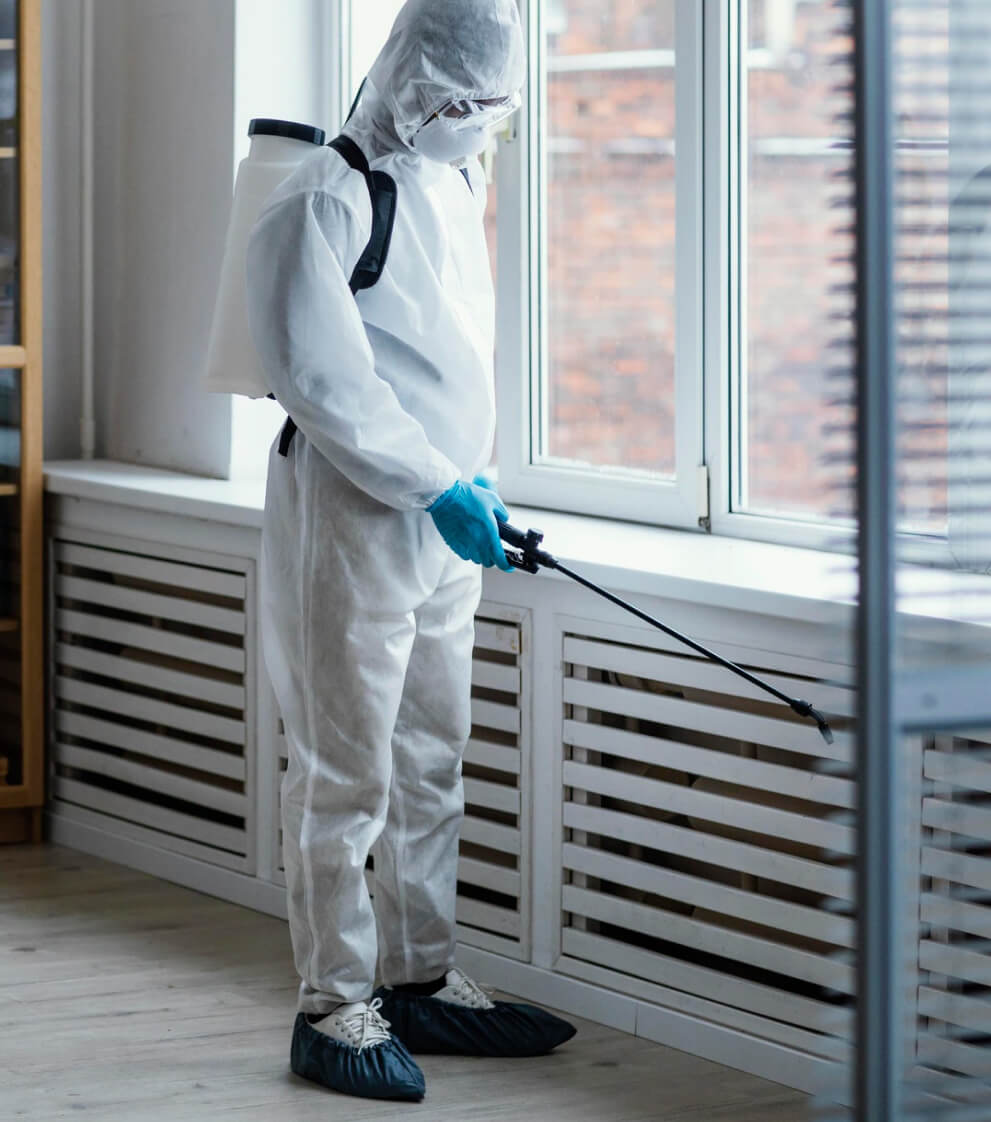
Step 2
After ensuring you have removed all the raccoons from the house, the next step involves introducing them into the wild. We will take them far away from your home, usually 10 to 20 km, to ensure they don’t find their way back.
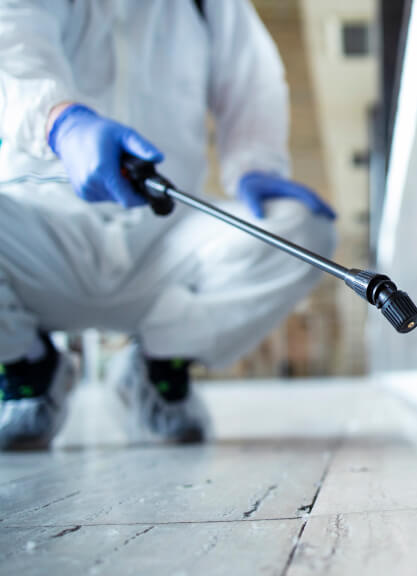
Step 3
After removing all the raccoons, including the babies, from your home, the next step entails proofing all the entry points so that they do not re-enter. You must fully analyze your home to ensure that you don’t miss the entry points.
Other Popular services
